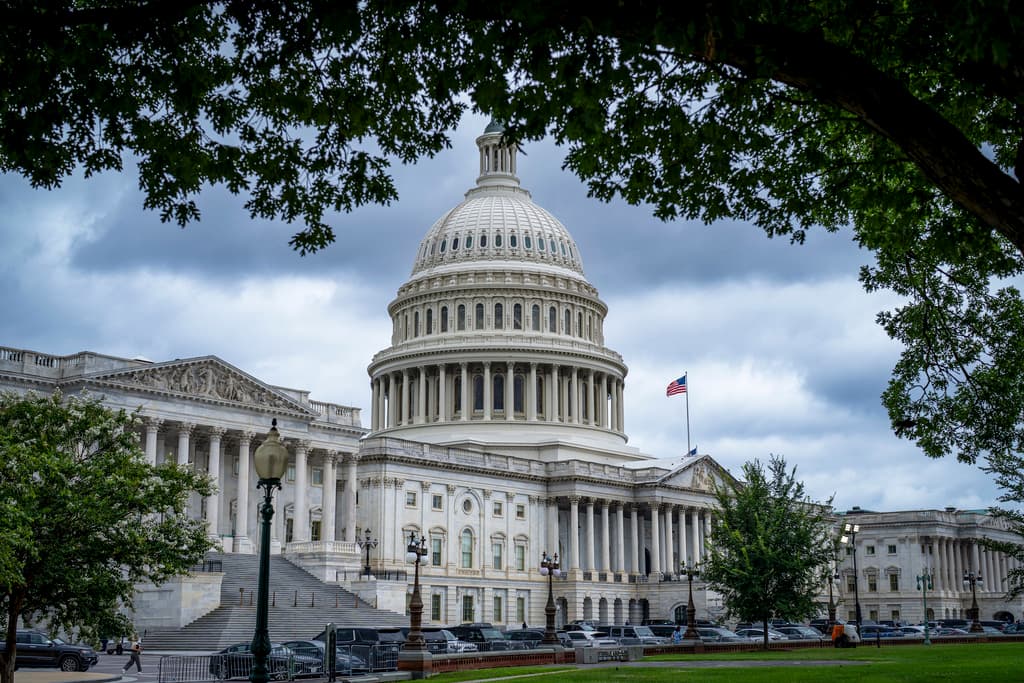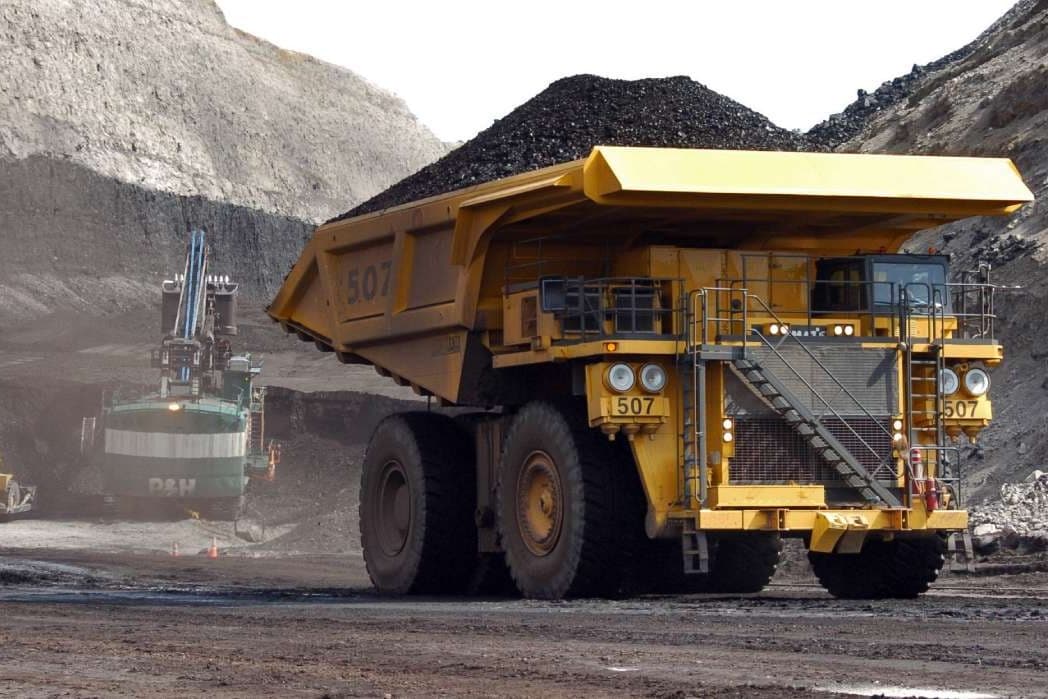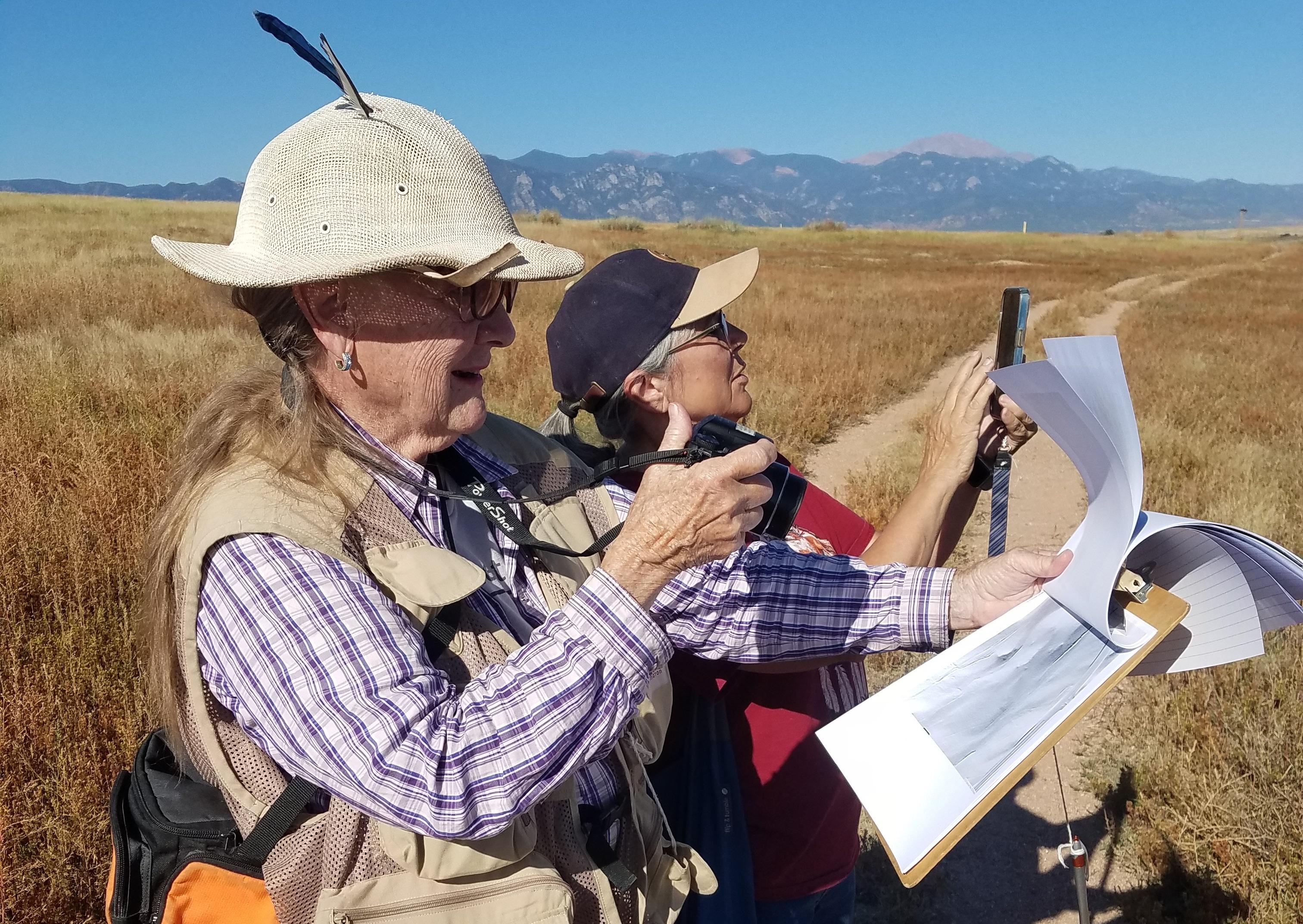
Updated at 5:10 a.m. Friday July 18
The U.S. House of Representatives joined the Senate in cutting $9 billion in foreign aid and funding for public media early Friday in Washington, rolling back money previously appropriated.
The House vote was 216 - 213, with Colorado GOP Reps. Lauren Boebert, Jeff Crank, Gabe Evans and Jeff Hurd all voting to rescind the funds. Democratic Reps. Diana DeGette, Jason Crow, Joe Neguse and Brittany Pettersen voted against the move.
This is the first time Congress has approved a recissions package in decades and the White House said it will likely send another request in a different area of the budget.
In a statement issued after the vote, DeGette blamed Republican fealty to President Donald Trump for the rare recission, which she said will harm people around the world through the loss of foreign humanitarian aid, and further weaken Congress.
“Congress holds the power of the purse. It’s in the Constitution," DeGette said. "Instead, we’re watching that power slip away as Republicans continuously cave to Trump’s demands and dismantle the very institutions we’re meant to protect.”
The U.S. Senate on Thursday narrowly approved the same package 51-48.
Colorado Sens. Michael Bennet and John Hickenlooper voted against the package. Republican Sens. Susan Collins of Maine and Lisa Murkowski of Alaska voted with Democrats against the cuts. Two Republicans in the House, Brian Fitzpatrick of Pennsylvania and Mike Turner of Ohio, also joined with Democrats to oppose the package.
“During floods and wildfires, radio is often the only source of information for rural and tribal communities,” Bennet said in a statement. “We’ve got to continue to speak up, and we’ve got to fight these shortsighted, partisan cuts every step of the way.”
Other senators complained funding debates like this should take place during the appropriations process, not after the fact.
“Our responsibility is to legislate, not to shrug our shoulders and take direction from the White House,” Murkowski said.
Defending the rescissions package, GOP Sen. Eric Schmitt of Missouri said passage of the bill was a test of the chamber to do what the American people sent them there to do: find waste, fraud and abuse. “And also to realign the taxpayer dollars that go out the door with actual American interest.”
The bill clawed back about $8 billion in foreign aid, including funding for international disaster aid and UNICEF. It also pulled back about a billion dollars slated for the Corporation for Public Broadcasting, which supports programming on NPR, PBS and their member stations.
Democrats and a couple of Republicans offered amendments, from keeping all CPB funding to trying to protect rural and tribal stations, to exempt some of the funding. They all failed, as a majority of Republicans voted against the bills for fear it would derail the package, which must pass by Friday.
“I look at the cuts that are being considered — over a billion dollars from the public broadcasting,” Hickenlooper told CPR News before the vote, “And the impact that that could have on rural communities across America, but especially across Colorado. And we have so many small stations in places where otherwise they would have much less coverage.”
While the rescission package moved through the Senate largely unchanged, the chamber did keep one public health program — supporting international HIV prevention efforts — intact. It means the House will have to revote on the package, which is expected to happen later Thursday. All of Colorado’s House Republicans voted for the rescissions package the first time around.
Like many other Republicans, GOP Sen. Susan Collins is frustrated with what she sees as a liberal bias in NPR reporting and supports defunding it. “Nevertheless, local TV and radio stations continue to provide important coverage. In Maine, this funding supports the emergency alert network, coverage of high school basketball championships, a locally produced high school quiz show, and classical music stations,” she said.
It’s an argument that many Colorado public radio stations have been making for months.
Colorado public radio stations react
“At first I wasn't as worried ‘cause I didn't think that this would ever come to pass,” said Gerald Rodriguez, general manager for KRZA in Alamosa, which serves the San Luis Valley. “I didn’t think that many people would vote to get rid of something that’s crucial. It’s going to affect the local stations the most, and that’s what a lot of these communities depend on.”
He estimates the station, which has two full-time employees and two part-time staff, gets between 40 to 50 percent of its funding from CPB. He said KRZA has been saving money over the years, and he’s been doing a lot of repairs himself, including to the station’s towers and transmitters “just to keep the station going.”
He said it seems like Congress has “a beef with NPR” but cutting CPB, “is just going to hurt all of us local stations.”
The funding cut “will be a pretty heavy impact for us, because we do not serve wealthy communities,” said Ashley Krest, General Manager of KVNF. North Fork Valley Public Radio, as it’s known, is based in Paonia and reaches 10,000 square miles of Western Colorado. The station airs a mix of music and news, including a 10-minute regional newscast.
Krest said about 20 percent of the station’s annual budget this year was to come from the Corporation for Public Broadcasting, about $161,000.
“Every once in a while we hear from the listeners who disagree with NPR and we tend to sometimes distance ourselves from that because that’s not coming from us. That's national programming obviously and we try to represent our audience and reflect the diversity of our listening audience as much as we possibly can while holding very true to our journalistic standards,” Krest said.
She is heartened by the broad support she said the station has, including local Republican officials who have highlighted how important public media is for emergency services and other essential information.
That’s why Tami Graham, executive director of KSUT, in the southwestern corner of the state was disappointed with the vote. “Public funding for public media has had almost 50 years of bipartisan support .… It’s really indicative of this political environment given the history of bipartisan support.”
KSUT was supposed to get about 20 percent of its budget, or $330,000, for the fiscal year from CPB starting in October. The station runs Southern Ute Tribal Radio and Four Corners Public Radio. Graham said they’ll get busy fundraising, but rural areas are at a disadvantage compared to major markets, which can draw on larger populations, often with larger incomes.
Graham said that’s what makes this cut a double whammy. “We're already in a news desert. We already have challenges, you know, serving our region with the kind of news and information they need and now having to make up that loss of support in a very rural area, it’s a challenging environment to be in right now.”
It was something that the other Colorado stations echoed: Raising hundreds of thousands to cover the loss will be much harder in rural areas, especially impoverished areas where the typical donation is under $50 dollars.
GOP Sen. Mike Rounds of South Dakota had expressed concerns about the public media cuts, but supported the bill after getting assurances that funding would be reallocated “to continue grants to tribal radio stations without interruption.”
Graham said that’s “cold comfort.”
“I hope we're included, but to me it's a very minor, little band-aid on a much bigger issue,” she said.
Colorado’s larger public media stations will also be impacted. Colorado Public Radio gets 6 percent of its budget from CPB. That’s about $1.5 million, with $450,000 of that going to national program-related costs. CPR also participates in the Colorado Capitol News Alliance, a CPB-funded effort to expand coverage of state government.
Stewart Vanderwilt, president and CEO of Colorado Public Radio, noted that lots of local independent stations are interconnected, sharing resources, such as the national satellite system, and rights to broadcast music.
“When some stations disappear, the cost for others to maintain these shared resources rise,” explained Vanderwilt. “Non-profits operate on very limited margins. We do not have a 6 percent net margin to simply absorb the loss of funding and increased expense. For stations who receive 20 percent or more of their budget from a federal grant, the consequences will be dire.”
Krest noted that her station is part of the Rocky Mountain Community Radio network which shares a manager and a climate reporter. Aside from fund drives, many stations will look to other grants and underwriting to help fill the gap.
Vanderwilt said cutting CPB funding goes counter to the goal of better stewarding taxpayer money. “When local news is diminished or lost in a community — the public watchdog role of the press is muted and the potential for waste, fraud and abuse increases. This is a time when we should be demanding more support for the role of the press in healthy communities.”
He added for those who are concerned about the content of NPR’s programming, the best way to be more reflective of the country as a whole is “to lift up local reporting to national audiences. Cutting this funding reduces the ability to do so.”
Aspen Public Radio’s Executive Director Breeze Richardson agreed. “The answer is to expand the tent, not contract it. Public radio serves all Americans and we can and will do more to invite those with diverse viewpoints onto our airwaves.”
The station is potentially losing federal funding this year as well as in the upcoming. Richardson said public media is good value for taxpayers. “Public radio is efficient, life-saving, inspiring, locally-rooted and advances dialogue and understanding across so many issues that we collectively face — including here on the western slope of Colorado.”
Colorado’s local PBS stations will also face the pinch. Despite the cut, the head of Rocky Mountain Public Media said the station will continue to serve all Coloradans regardless of their political beliefs or ability to pay.
“This devastating blow to our collective work here and across the country will hurt those who need us most and where there is no commercial incentive to step up and fill any gaps,” said Amanda Mountain, president and CEO of Rocky Mountain Public Media in a statement. “We must now work together to protect what could be permanently lost in terms of public safety infrastructure, educational services to kids and families, and reliable news and information.” .
Rocky Mountain Public Media, which includes Rocky Mountain PBS, KUVO Jazz and THE DROP, receives about 10 percent of its funding from CPB.
Tammy Terwelp, president and CEO of KUNC in Greeley, said they get about 7 percent of their budget from CPB, about $453,000. The station will look to reallocate resources and increase funding sources across the board.
She tried to take a glass half full perspective about the cuts.
“While the loss in dollars and support is very concerning, and will require us to make some changes, it allows us to be free of the every four years ‘will they or won't they’ and force all stations to be more creative, move faster and work more collaboratively," she said in a statement. “It also pushes us to be more present in asking for much larger support from donors and foundations who are willing and able, but have not been asked.”
Terwelp said public media will preserve “and we will move forward in our service to the public.”
The smaller stations are hoping that Congress could revisit the CPB funding in the future and potentially include appropriations specifically for local public media stations. It was something at least one Senator who voted for the bill alluded to.
Republican Sen. Thom Tillis of North Carolina said before the vote that he suspected there would be some things they’d regret when it comes to the rescissions package, “some second and third order effects. And I suspect that when we do we’ll have to come back and fix it.”
RMPBS’ Kyle Cooke contributed to this story.
Editor’s note: Colorado Public Radio receives funding from the Corporation for Public Broadcasting. No one from CPB or CPR’s leadership had any editorial input into this story.









